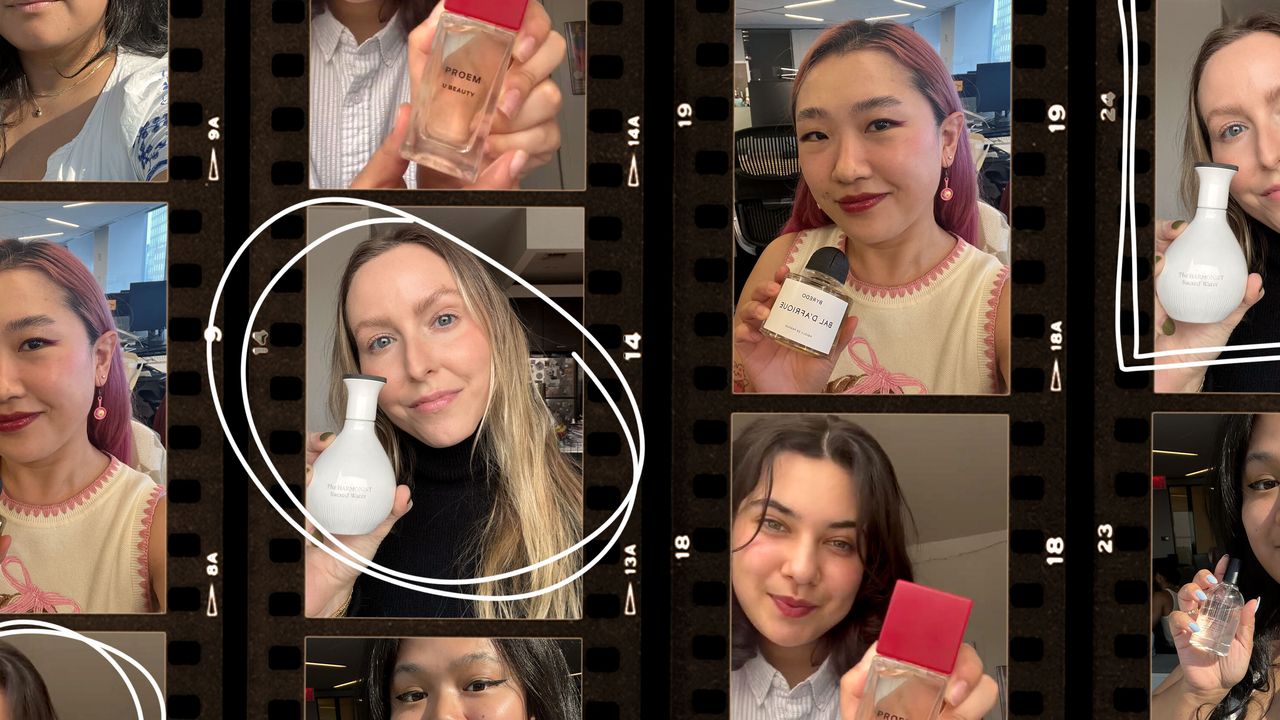Blog
“There’s joy and freedom in leaning into ugliness”: Zinnia Kumar on self-worth and confronting the ‘evil aunty’ in her head

Zinnia Kumar doesn’t believe in hiding discomfort. She prefers to make eye contact with it, to examine its shape and social function before deciding whether it deserves space.
“There is a great joy and freedom in leaning into ugliness,” she says. “A part of me had to break down feminine gender roles and restrictive social expectations applied to women based on dress, presentation and behaviour, to lean into it. I think just like beauty, colourism and featurism, these are all gendered phenomena designed to rank women’s worth through beauty, so by rejecting it in a way, it helped me access a more empowering, unconventional space.” It’s not a statement meant to provoke, rather a realisation she arrived at after years of trying (and failing) to meet an ideal that was never built for her.
“When an agent said to me, ‘You’re not an obvious beauty, you’re an interesting beauty,’ I was quite hurt,” Kumar recalls. “I thought, ‘So do you think I’m not very pretty?’” There was a time she longed to meet the social ideals of beauty. “I just never was going to. My features just were not built that way.”
Kumar is many things: scientist, ecologist, writer, model, activist. But her most consistent through-line might be observer of the systems around her, and the ones within. “When I realised the power of ‘interesting,’ it really helped hone in my craft,” she says. “Instead of feeling self-conscious about not being pretty enough or pandering to the male gaze, I existed in a space where I could embrace becoming the characters themselves and the art of fashion itself.”
She draws inspiration from women who subvert ideals rather than submit to them: Kirsten McMenamy, Julia Nobis, Lady Gaga, Dovima. “They have a way of crossing over commerciality with high fashion, with a dynamism that makes each incredibly unique and art itself. I think aspiring to uniqueness and imperfection in a world of AI perfection is kind of a beautiful and very human thing.”
The standards she’s resisting are generational, cultural, and very familiar. “In the communities most of us grew up in, we witnessed family and community members, people in the media criticising and judging others on their morality, beauty, intelligence. In cinema this has always been the evil gossipy aunty.”



